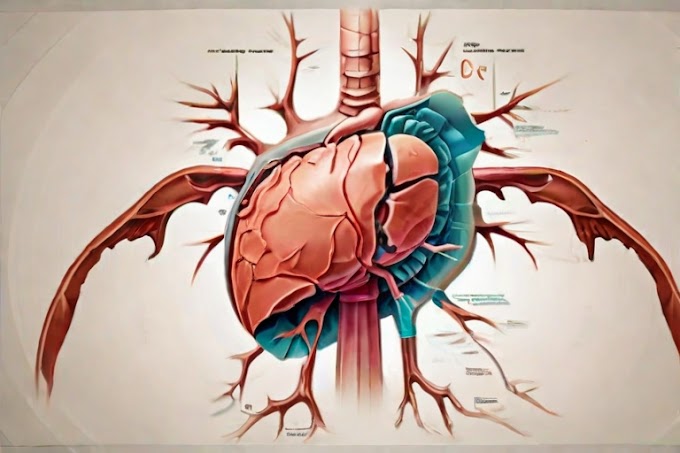
Breast cancer, a formidable adversary that affects millions of lives globally, deserves our attention, understanding, and collective efforts. In this article, we will delve into the intricacies of breast cancer, exploring its nuances, diagnostic procedures, treatment options, and the vital aspect of awareness. Let's embark on a journey that demystifies breast cancer while highlighting the strength and resilience found within the breast cancer community.
Introduction
Breast cancer is a pervasive health concern that warrants not only medical attention but a collective societal effort towards awareness and early detection. Understanding the nuances of breast cancer is crucial in fostering a proactive approach to health.
Understanding Breast Cancer
Breast cancer is not a singular entity but encompasses various types, each with its unique characteristics and challenges. From hormonal factors to genetic predispositions, there are multifaceted risk factors that contribute to the development of breast cancer.
Signs and Symptoms
Recognizing the signs and symptoms of breast cancer is paramount for early intervention. From subtle changes in breast tissue to palpable lumps, understanding the indicators and conducting regular self-examinations empower individuals in taking charge of their health.
Diagnostic Procedures
Mammograms stand as the frontline in early detection, but the diagnostic journey involves various other procedures, including biopsies. Navigating these diagnostic avenues is crucial for accurate and timely diagnosis.
Treatment Options
The journey through breast cancer treatment involves a combination of surgery, chemotherapy, and radiation therapy. Recent advancements have paved the way for personalized treatment approaches, providing hope for improved outcomes.
Survivor Stories
Amidst the challenges, stories of triumph emerge. Real-life narratives from breast cancer survivors illuminate the strength found within, emphasizing the importance of support during the journey to recovery.
Preventive Measures
Beyond treatment, adopting lifestyle changes and regular screenings play a pivotal role in reducing the risk of breast cancer. Proactive measures contribute to a holistic approach to breast health.
Breast Cancer Awareness Month
October, designated as Breast Cancer Awareness Month, serves as a focal point for global initiatives. Campaigns, events, and educational programs during this month amplify the importance of early detection and support.
Support Networks
Navigating the complexities of breast cancer requires more than medical intervention. Support networks and organizations play a vital role in providing emotional and practical assistance for patients and their families.
Advancements in Research
The landscape of breast cancer research is ever-evolving. Recent breakthroughs and ongoing studies bring hope for more effective treatments and a deeper understanding of the disease.
Myths and Facts
Dispelling myths surrounding breast cancer is crucial for informed decision-making. Differentiating between fact and fiction empowers individuals to make sound choices regarding their health.
Coping Strategies
Coping with the emotional and mental challenges of breast cancer is an integral part of the journey. Strategies for patients and their support systems contribute to a more resilient and empowered community.
Community Engagement
Communities play a pivotal role in raising awareness. From organizing events to fostering an environment of support, community engagement is essential in the fight against breast cancer.
Global Statistics
Examining global statistics provides insights into the prevalence and disparities in healthcare access. Understanding these variations informs efforts to address the global impact of breast cancer.
Conclusion
As we conclude this exploration of breast cancer, the key takeaway is the importance of awareness, early detection, and a supportive community. Each individual has a role to play in the collective effort to combat breast cancer, from dispelling myths to fostering a culture of health and support.
Read More: Cancer Treatment | Living With Cancer | How to Cure From Cancer
Frequently Asked Questions
How often should I perform breast self-examinations?
- It is recommended to perform a self-examination once a month, preferably a few days after your menstrual cycle.
Are mammograms painful?
- While some discomfort is common, mammograms are generally not painful. The procedure is quick and plays a crucial role in early detection.
Can men get breast cancer?
- Yes, although less common, men can develop breast cancer. It is essential for everyone, regardless of gender, to be aware of potential signs.
What are the long-term effects of breast cancer treatment?
- The long-term effects vary, but advancements in treatment aim to minimize these. Fatigue and emotional challenges are common, and support is crucial.
How can I get involved in breast cancer awareness campaigns?
- You can participate in local events, share information on social media, and support organizations dedicated to breast cancer awareness.





